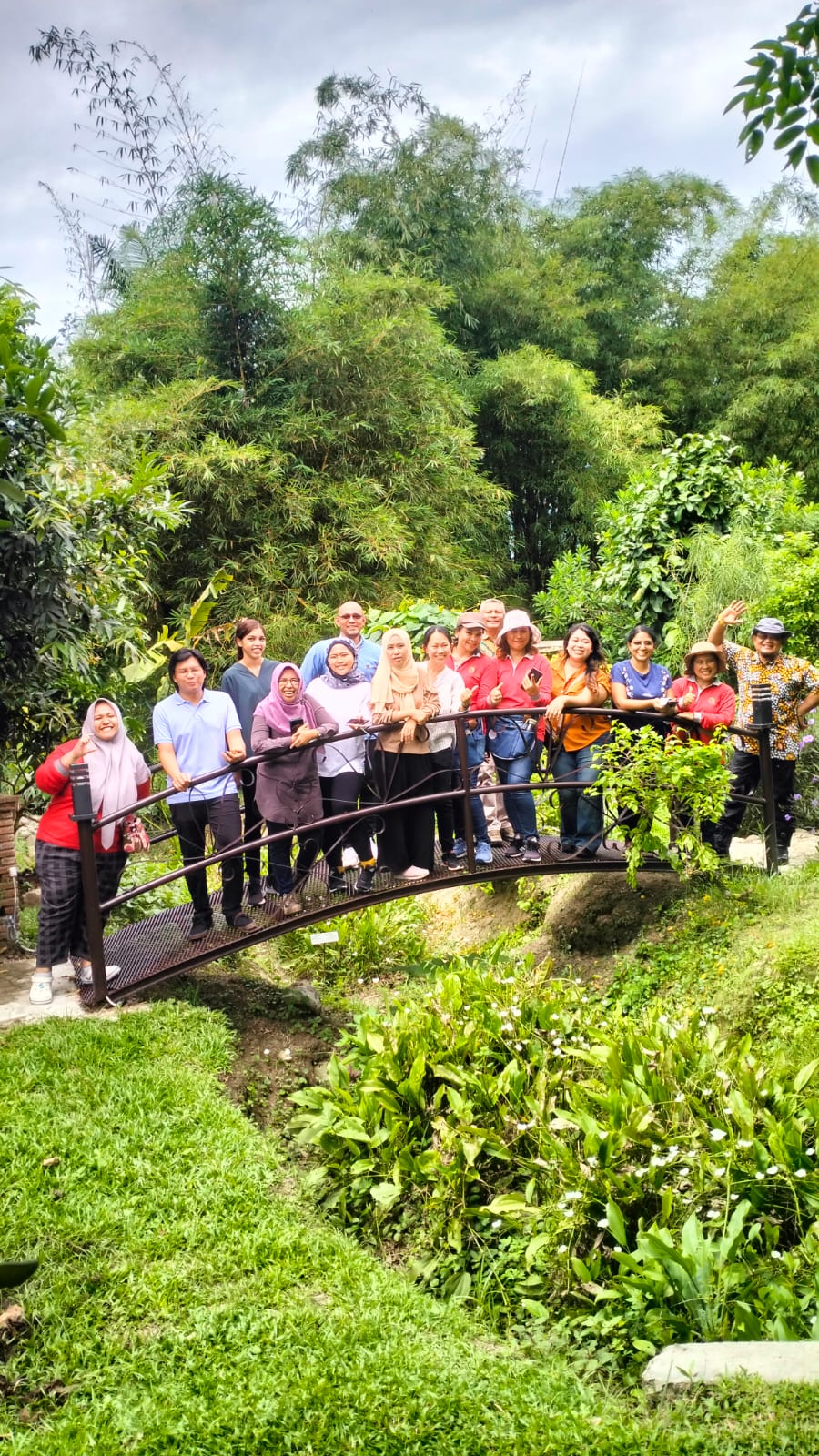Nigeria
219.5
92 376 800 ha
1.3 million T
Average annual domestic palm oil deficit
Nigeria
At the time of its independence in 1960, Nigeria had an agrarian economy. The discovery and production of crude oil then moved the economy towards industry and generated significant profits. Unfortunately, because of this supply of foreign currency, the Nigerian government did not implement any support policies to further develop its agricultural sector.
In the mid-1970s, the Nigerian government could no longer ignore the recurring deficit in vegetable oil and decided to establish plantations as pilot schemes on a large scale. The program was launched with funding from the World Bank and aimed at promoting sustainable development. Most of the created industrial plantations were sold and privatized by the government in the 1990s.
- Palm oil
Palm oil is very popular among Nigerians. Palm oil is the most commonly used edible oil for cooking in Nigeria.
Although 90% of the country’s palm oil comes from smallholdings, Nigeria is Africa’s largest palm oil producer, ahead of Ghana. It is also the 5th largest producer in the world, with an annual production of 1.42 million tons, although the country has the potential to annually produce 2 million tons.
Despite its important production, Nigeria does not produce enough palm oil to meet domestic demand. In fact, domestic demand amounts to roughly 2.3 million tons of palm oil per year. Today, the country is still heavily dependent on imports and crude oil revenues, although the local market is very extensive and permanently growing.
In July 2017, the RSPO Board of Governors endorsed Nigeria’s National Interpretation Document (NGIN 2017) and, today, 3 Nigerian companies are RSPO certified (P&C 2018).
- Rubber
In Nigeria, the agro-industry produces the majority of rubber. The entire production is then exported as there are currently no local consumers of processed rubber.
As an important catalyst for development in remote areas, rubber cultivation enables the production of pure green energy: natural rubber is a substitute for synthetic rubber (a petroleum distillation product) and serves as a significant carbon sink.
LINK
Latest news
Okomu annual bursary awards
The management of Okomu Oil Palm Company PLC has increased the bursary for students of tertiary institutions from neighbouring communities from ninety thousand (N90,000) naira to One hundred and ten thousand naira (N110,000). Dr. Graham Hefer made this know during the...
Covid-19 – Okomu acquires non-contact infrared thermometers
As part of its continuous effort in ensuring the safety of it workers, contractors and suppliers against the Coronavirus, the management of Okomu Oil Palm Company Plc., has secured non-contact infrared thermometer for the use in the plantations. During a training...
Okomu Oil’s ambition is to be recognized as benchmark for HSE in agric sector – MD
The Managing Director, Okomu Oil Palm Company, Dr Graham Hefer, says that the organisation’s commitment to Health, Safety and Environment has rubbed off positively on staff and visitors to the company. He said this at an event to commemorate the company’s HSE Week...





